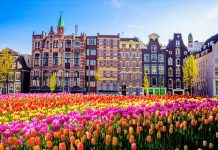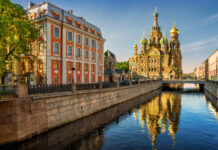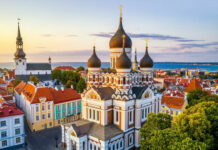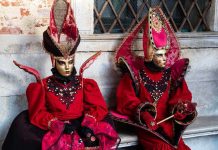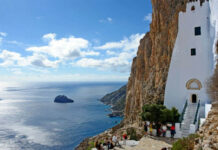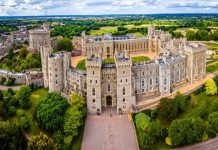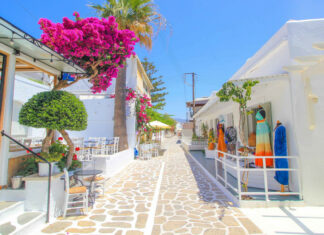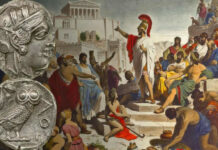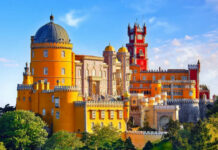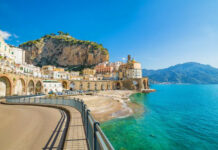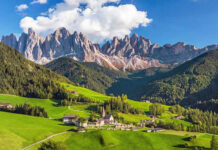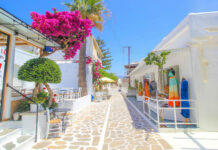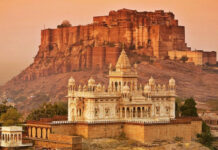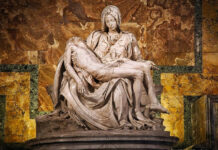A Cultural Melting Pot
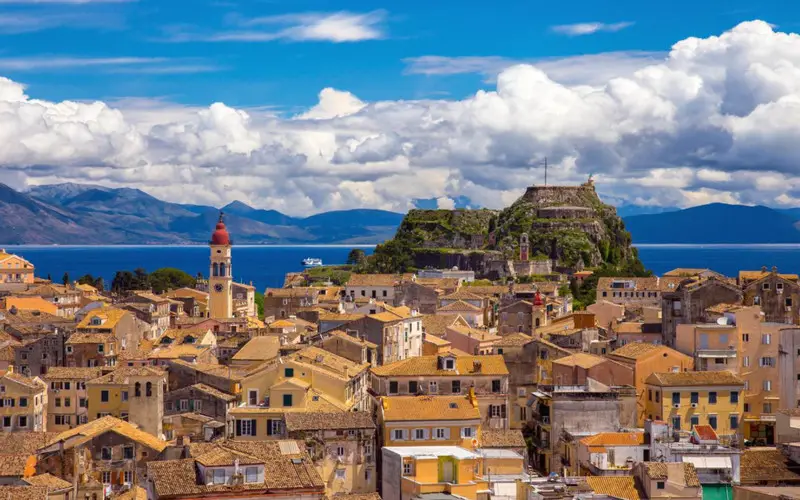
Corfu has a unique and diverse cultural heritage, thanks to its history of being ruled by various empires, including the Venetians, British, French, and Greeks. The island’s culture reflects a fusion of these influences, creating a distinct atmosphere that sets Corfu apart from the rest of Greece.
The Old Town of Corfu
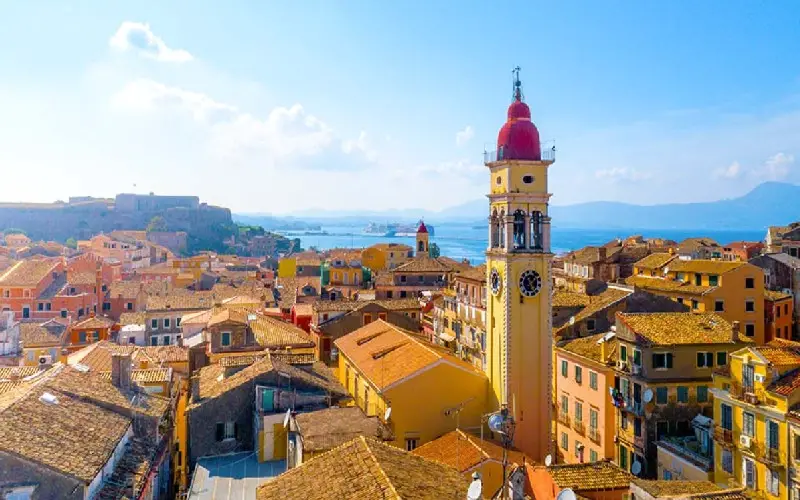
Corfu’s Old Town is a UNESCO World Heritage Site, renowned for its stunning Venetian architecture, narrow cobblestone streets, and historical monuments. It’s one of the best-preserved old towns in Greece, offering visitors a chance to step back in time.
St. Spyridon: The Island’s Guardian Saint

Corfu’s patron saint, St. Spyridon, plays a significant role in the island’s culture. His mummified remains are kept in a silver sarcophagus in the St. Spyridon Church, where locals celebrate his feast day with a grand procession and other festivities.
The Olive Capital of Greece
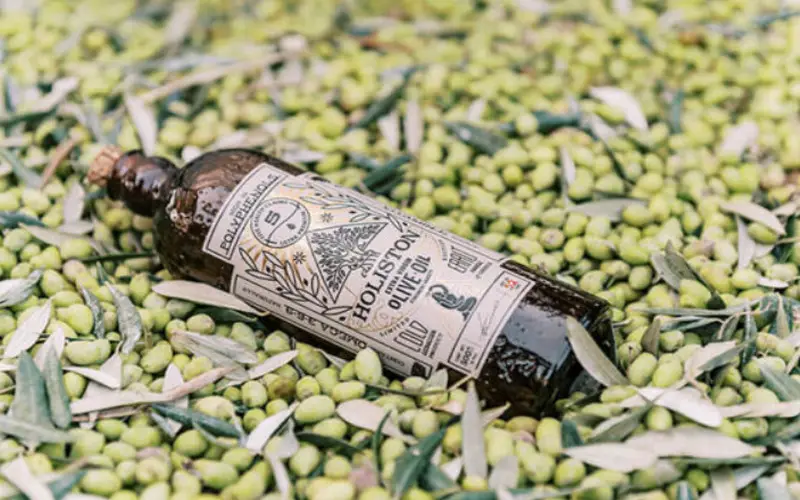
Corfu is famous for its olive groves and is often considered the olive capital of Greece. The island’s lush countryside is dotted with centuries-old olive trees, producing some of the finest olive oil in the country.
Achilleion Palace: Empress Sisi’s Island Retreat
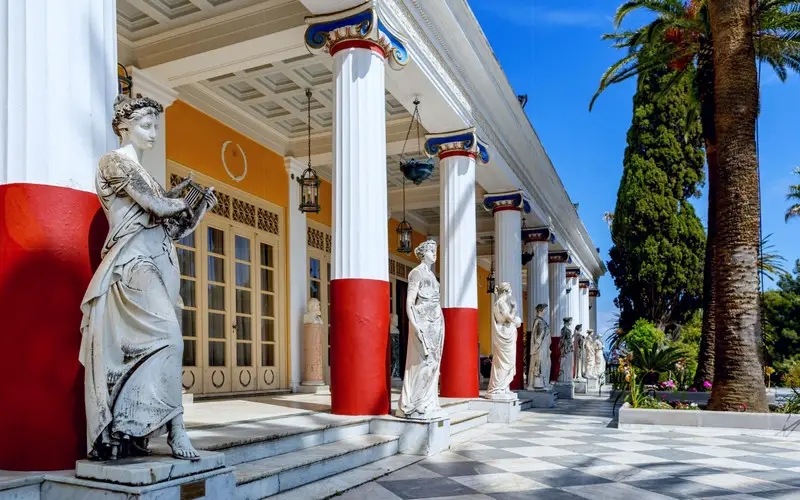
Achilleion Palace, built by Empress Elisabeth of Austria (known as Sisi), is a magnificent villa on the island. The palace, featuring stunning gardens and sculptures, served as Sisi’s summer residence and reflects her admiration for Greek mythology, particularly the story of Achilles.
Vlacherna Monastery and Mouse Island
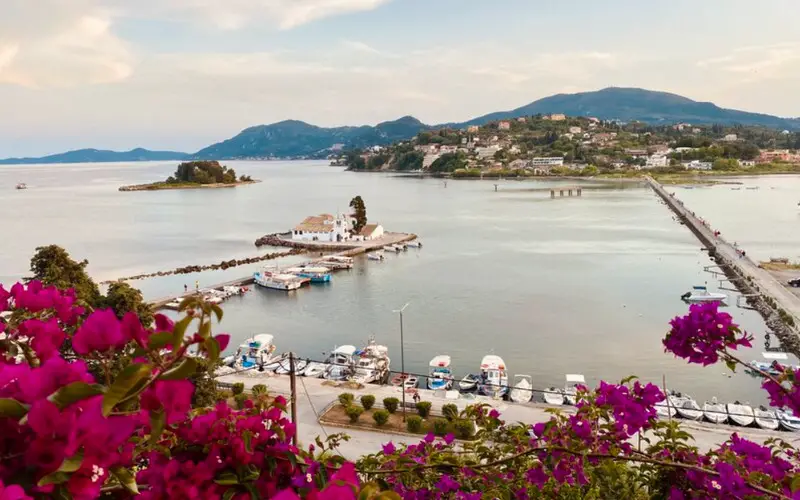
The Vlacherna Monastery, perched on a tiny islet connected to the mainland by a narrow causeway, is one of Corfu’s most iconic images. Nearby, you’ll find the tiny Mouse Island, known as “Pontikonisi,” which is home to a small chapel and a picturesque landscape.
Cuisine with a Twist
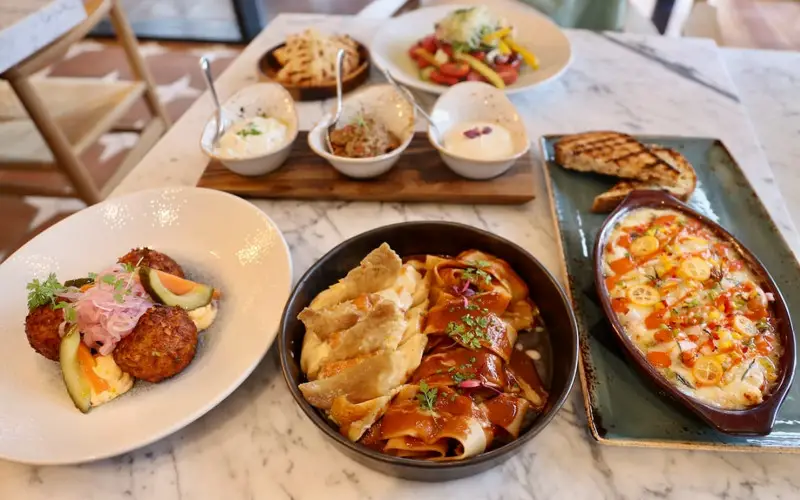
Corfu’s cuisine is unique within Greece, heavily influenced by Italian and Venetian flavors. You’ll find dishes like pastitsada, a pasta-based dish with a rich tomato sauce, and sofrito, a delicious veal stew with white wine and garlic.

